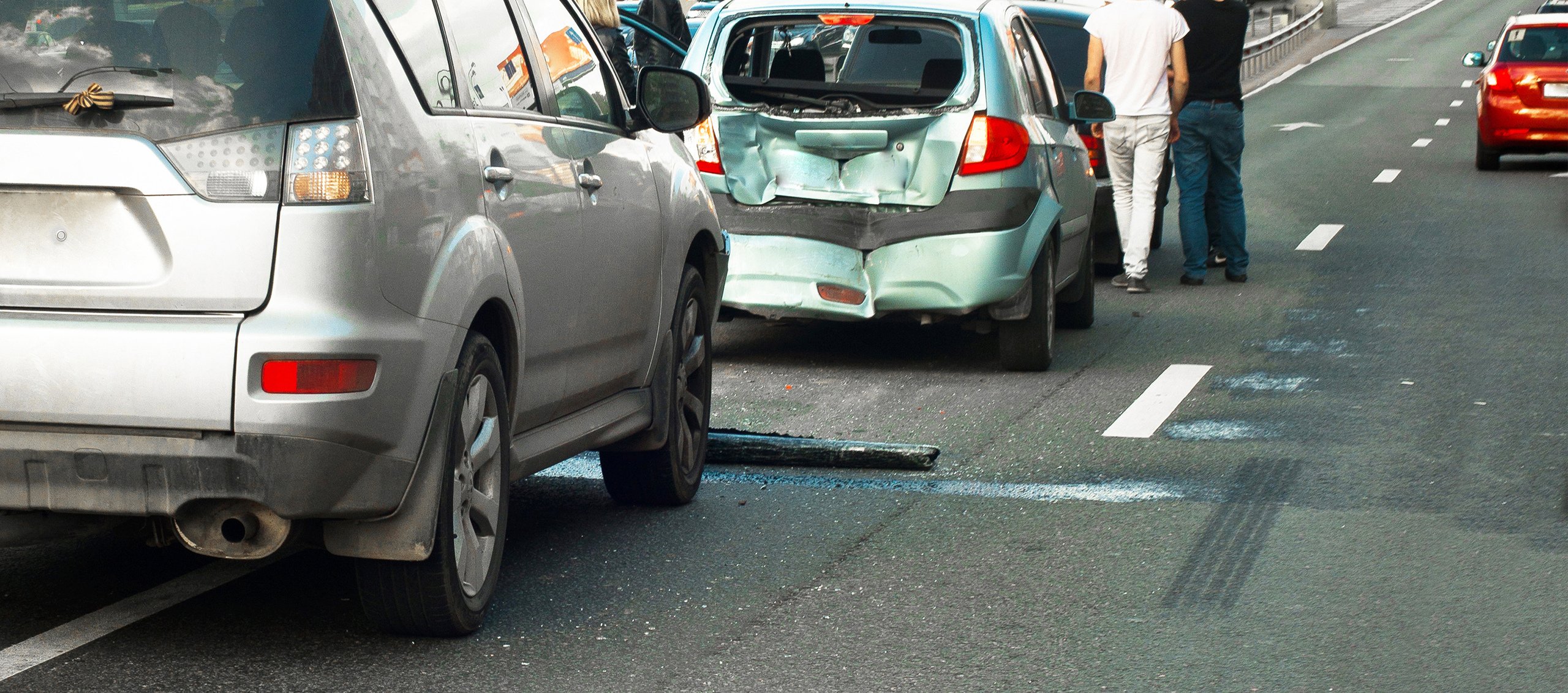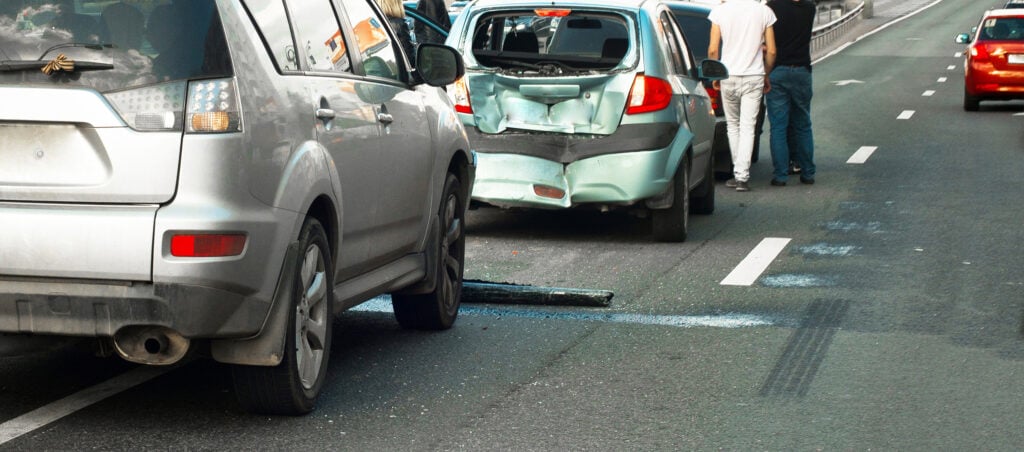How Subrogation Works in Florida Car Accident Cases
When you’re in a car accident in Florida, you probably expect your insurance to cover the costs and move on. But what happens when your insurer wants its money back from the person who caused the crash?
That’s where subrogation comes in—a legal process that can directly impact your settlement, legal rights, and even your finances after the accident.
Florida’s No-Fault Insurance System Explained
How No-Fault Insurance Works in Florida
Florida uses a no-fault insurance model. After an accident, you file a claim with your own insurance company first—no matter who caused the crash. This speeds up medical payments and reduces the need for immediate lawsuits.
What is PIP Insurance?
Personal Injury Protection (PIP) is mandatory for all Florida drivers. It covers up to $10,000 in medical expenses and lost wages, regardless of who’s at fault. PIP is the first layer of protection after a crash, but it doesn’t cover everything—and it doesn’t mean the at-fault driver gets off the hook.
What is Subrogation?
Subrogation Defined
Subrogation is a legal process where your insurer can seek repayment from the person who caused your accident. If your insurance company pays your medical bills or car repair costs, it might try to recover that money from the at-fault party’s insurer.
Real-World Example of Subrogation
Imagine you’re rear-ended, and your PIP pays $8,000 in medical bills. Later, your insurer believes the other driver was clearly at fault. It can then pursue that driver’s insurer to get reimbursed.
Why Insurance Companies Use Subrogation
Recouping Financial Losses
Insurance companies use subrogation to limit financial losses. When they pay claims that should have been covered by another party, they want that money back.
Preventing Double Recovery
Subrogation also prevents what’s called “double dipping.” For example, if you receive $10,000 from your insurer, and then win a lawsuit for the same damages, the law doesn’t allow you to profit from being paid twice.
Holding At-Fault Parties Accountable
Another goal of subrogation is to make sure the responsible party pays. If your insurance always had to eat the cost—even when another driver was 100% at fault—it would drive up premiums and reduce fairness.
Florida Subrogation Laws: What the Statutes Say
Key Statutes That Govern Subrogation
The main laws that guide subrogation in Florida include:
- Florida Statute § 627.736, which governs PIP subrogation rules
- Florida Statute § 768.76, covering collateral source reimbursement
- Related case law that defines insurer and driver responsibilities
When Subrogation is Not Allowed
Subrogation is generally not allowed for basic PIP benefits unless additional damages or exceptions apply. If both parties share fault, or if no clear liability exists, subrogation may be denied or limited.
Subrogation and Your Settlement
Will Subrogation Affect My Compensation?
Yes. If your insurer successfully recovers money from the at-fault party, it could reduce the amount you’re eligible to receive in a personal injury lawsuit or third-party claim.
Do I Have to Pay Back My Insurance Company?
Sometimes. If your insurer recovers money and your policy includes a reimbursement clause, you may be required to return a portion of your settlement.
Can My Insurer Delay My Settlement?
It’s possible. Your insurer may wait for the subrogation process to resolve before finalizing your claim, particularly in large or high-liability cases. This could slow down your access to full compensation.
Can You Still Sue the At-Fault Driver in Florida?
Yes, but with some limitations.
Even if your insurer paid for your injuries, you may still have the right to sue the at-fault driver for damages not covered by PIP—such as pain and suffering, emotional trauma, or long-term disability.
However, your ability to collect on certain damages might be limited depending on what your insurer already recovered. Courts won’t allow a “double recovery,” so any subrogated amounts could be deducted from your final award.
What Happens When Multiple Insurers Are Involved?
Health Insurance and Auto Insurance Conflict
If both your PIP and your health insurance pay for medical treatment, it can lead to confusion. Both insurers might claim the right to be reimbursed—this is where subrogation disputes begin.
In Florida, PIP generally pays first. Health insurance companies may file liens or seek repayment from your settlement after your PIP coverage is exhausted.
Dealing with Medical Provider Liens
Hospitals or other healthcare providers might also place liens on your injury compensation. These legal claims ensure they get paid for services rendered, and they must be settled before you receive your full payout.
How Are Subrogation Disputes Resolved?
Insurer Negotiations and Arbitration
Most subrogation disputes are settled between insurers through negotiation or arbitration. These are non-court solutions designed to determine liability and repayment amounts quickly.
Legal Disputes and Lawsuits
If negotiation fails, the matter can go to court. As the insured, you could be brought into the legal process—especially if your insurance company believes you’re responsible for a reimbursement that hasn’t been resolved.
What Should You Do Before Signing Any Settlement Agreement?
Before accepting any money or signing a release, always review the fine print. Some documents waive your rights, while others obligate you to repay any funds recovered by your insurer.
You should never assume that accepting an insurance check means your case is over. Always understand whether you’ll be on the hook later—and if there’s any subrogation clause in your policy, seek legal advice before proceeding.
Frequently Asked Questions
Can my insurance company sue the other driver in Florida?
Yes, your insurance company can sue the other driver or, more commonly, file a claim against the other driver’s insurer through the subrogation process. This happens when your insurer believes the other party was at fault and wants to recover the money it paid on your behalf. While this legal action is usually handled between the insurance companies, it can affect your claim, especially if your insurer is attempting to recoup large payouts.
Do I have to pay back my insurance company if they recover money?
In some cases, yes. If your insurance company successfully subrogates and your policy includes a reimbursement or lien clause, they may be entitled to a portion of your personal injury settlement. This is particularly true if your medical bills or lost wages were paid out and later reimbursed by the at-fault party’s insurance. The exact terms depend on your insurance policy and whether your insurer had to assert its right to be repaid.
Can I still sue the at-fault driver even after my insurance company has paid me?
Yes, you can still sue the at-fault driver for damages that exceed what your PIP insurance covers, such as pain and suffering, long-term disability, or property damage not reimbursed by your own policy. However, you may not be able to collect compensation for amounts already covered by your insurer if they have already recovered those funds through subrogation. This is to prevent what the law calls a “double recovery.”
What is PIP subrogation and how does it work in Florida?
PIP subrogation refers to the process where your auto insurer, after paying your medical expenses through your Personal Injury Protection coverage, seeks reimbursement from the at-fault party’s insurance company. Under Florida law, basic PIP benefits are often not subrogable unless they exceed certain limits or are supplemented by additional coverage like MedPay. When subrogation does occur, it typically happens between insurance companies without your direct involvement, but it can impact your final settlement or legal options.
Can I be sued if my insurance company already paid the claim?
Typically, you cannot be personally sued for a claim your insurer has already paid, assuming the incident was covered under your policy. However, if you were the at-fault driver in the accident, the injured party’s insurance company might still pursue a subrogation claim against your insurer. In rare cases where coverage disputes or policy issues exist, you could become involved in a lawsuit, which is why it’s critical to understand your policy and legal obligations.
Conclusion: Know Your Rights and Take Action Early
Subrogation is a powerful legal process that can affect your accident recovery—often in ways you don’t see until it’s too late. While insurers use subrogation to protect their bottom line, it’s your responsibility to understand how it impacts your claim, your compensation, and your legal rights.
Don’t sign anything without understanding what you’re agreeing to. Don’t assume your settlement is final until every lien, reimbursement, or subrogation issue is resolved.
Contact Lawlor, White & Murphey Today
If you’re being asked to repay your insurer, facing delays because of subrogation, or don’t understand how it applies to your case—talk to an attorney now. Don’t wait. Contact Lawlor, White & Murphey today to ensure your rights are protected and your settlement remains yours.

